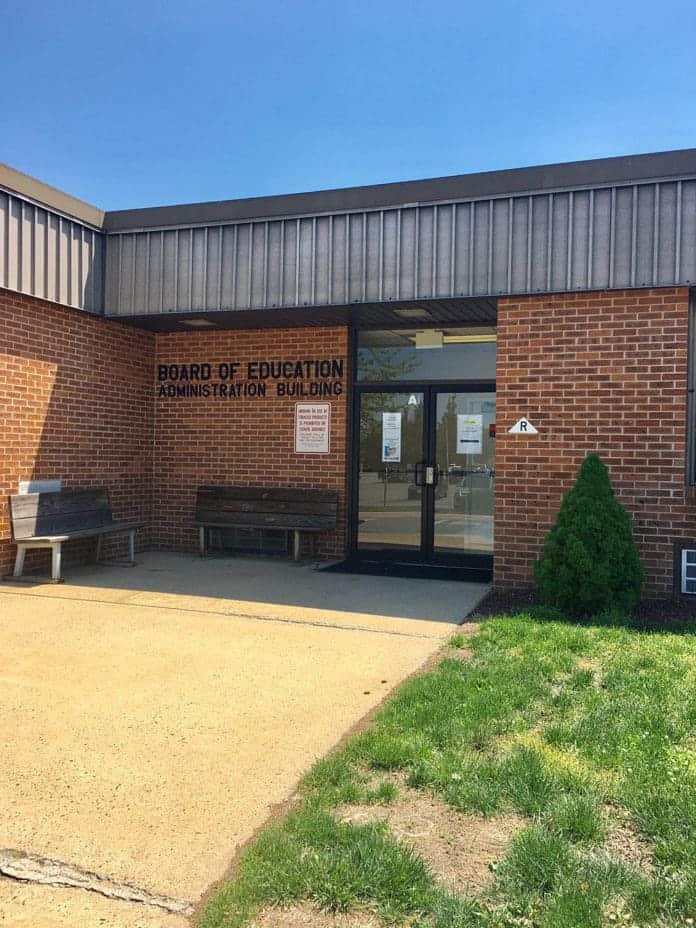
BRICK – Voters chose against passing a referendum that would have improved security at the district in a special referendum on Election Day.
Election results showed that 12,593 voters said “yes” to the security question, approximately 49.75 percent, while 12,720 voters said “no”, making up the majority at 50.25 percent.
A little more than a week before the referendum, the Board of Education held a public information session on the proposed security enhancements that would be funded by the $12.5 million referendum.
Organized by school administrator Dennis Filippone, the information session included representatives from companies with state contracts who provide the key security components.
The three components include an upgrade of the existing video surveillance system; a lockdown system that could be activated by teachers (and other authorized personnel) while in their classroom; and a visitor management system – “Hall Pass” – that would instantly produce background checks on school visitors after swiping their driver’s license.
Also, every school would have new, secure entryways, explained Larry Uher of Netta Architects, who has been working with the Board and the township police department to design security systems for each school.
“Each school would have a ‘man trap’ where they enter the school and they can’t go any farther than right there,” he said.
Four schools – Veterans Memorial Middle School, Lake Riviera Middle School and the two high schools – would have their central offices relocated to the school’s front entrance, Uher explained.
Filippone said that the need for security enhancements and the resulting referendum was explained to district parents at PTA meetings and during Back-to-School nights.
“Everybody has the right to their own opinion, but we told the parents that if they all vote, they could offset any negative votes,” Filippone said during the information session.
The session was attended by Superintendent Gerard Dalton, school principals, vice principals, department heads, Board of Education members, tech employees – but few parents attended.
“It’s hard to get people to come out, but I think we reached a lot of parents,” Filippone said.
“Fifteen dollars a year [per household] for everything you see here – it’s a cup of coffee a month. I don’t understand why people would vote no,” he said.
“It’s 100 percent for the kids and staff. There’s nothing frivolous. It’s all stuff we need,” Filippone said. “When the work is done, we’ll have schools we can be proud of.”
School Business Administrator James Edwards said 40 percent of the cost of the project would be offset by state funds.
If the district chooses to finance the $12,580,000 in bonds for a 20-year period, the total debt service would be $18,209,100 and would cost the average homeowner $14.43 a month.
If a 15-year payback is chosen, the total debt service would be $16,613,375, costing the average homeowner $15.77 a month. The 15-year option would result in cost savings of over $1 million, Edwards explained.
Rachael Bartolucci of Herbertsville has two children who attend district schools. She said she thinks the lockdown system could be helpful.
“It’s a great program, but I’m not sure how user-friendly it would be in an intense security situation,” she said during the information session.
“The teachers would require tremendous training, but I would feel like my children are more secure,” Bartolucci said.
Kimberly Bosco and Chris Lundy contributed to this report






